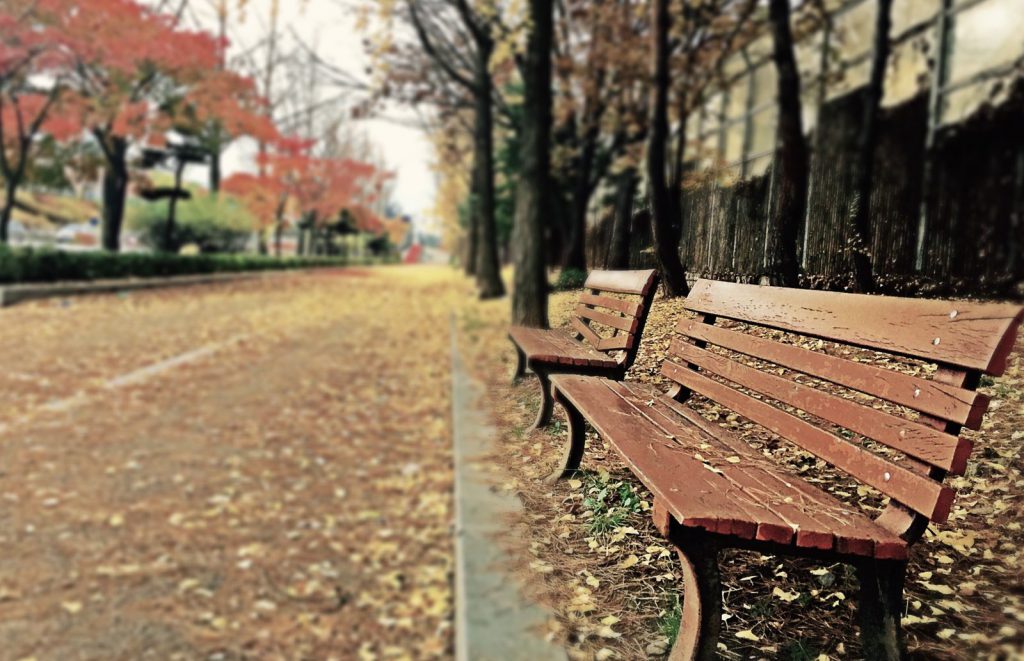
Published October 12, 2017
The campus free-speech crisis is escalating. Last night’s disruption of Charles Murray’s speech at the University of Michigan Ann Arbor means that every working day for the past week has seen a significant shout-down. Disruptions are coming at a substantially higher rate than in the second semester of last academic year. The targets are also expanding. Now, in addition to suppressing visiting conservatives like Charles Murray, disruptors are silencing liberal speakers, university presidents, and teachers in their classrooms. The failure to properly discipline shout-downs of conservative speakers has licensed attacks on any event that demonstrators may choose to squelch.
Before considering yesterday’s disruption of Murray at Michigan, let’s review the past week.
Thursday, October 5: The briefest shout-down of the week may have been the most ominous. Students at Columbia University stormed into a class on sexuality and gender law to protest its instructor, Suzanne Goldberg. Goldberg is both a professor of law and Executive Vice-President of the Office of University Life. She is also a Title IX compliance officer, and the classroom invaders were protesting Columbia’s handling of Title IX sexual assault claims. Goldberg is considered a pioneer of LGBT civil rights law, so this disruption was an attack on the cultural left. Goldberg rightly chastised the students for interrupting a “core function” of the university, but they refused to leave until they’d read out their statement. Having no fear of punishment, the disruptors videoed their own break-in. Columbia didn’t respond to inquiries about whether the disruptors would face discipline. If this incident helps open the door to more classroom invasions, university life will have been seriously compromised.
Friday, October 6: University of Oregon President Michael Schill was prevented from delivering his State of the University Speech when about 45 chanting students took over the stage. Although Schill knew the disruption was coming, he pre-emptively capitulated by pre-recording his speech for later distribution. This left the people who’d taken time out to attend the speech in the lurch. More important, it set a precedent for further disruption. Meanwhile, Faculty Senate Vice-President Bill Harbaugh absurdly blamed President Schill, rather than the disruptors, for harming free speech. And the lead demonstrator thuggishly threatened: “Expect resistance to anyone who opposes us.” The correct response came from George Washington University Law Professor Jonathan Turley, who said suspensions for the disruptors and expulsions for repeat offenders were in order. President Schill apparently has no intention of going down that road. That keeps university presidents on the target list.
Monday, October 9: The shameful administrative response to this next shout-down makes President Schill look like a pillar of strength. This Monday, Texas State Representative Briscoe Cain was shouted down before he could begin a talk sponsored by the Federalist Society of Texas Southern University Law School. Incredibly, after the shouters were ejected by campus police, TSU President Austin Lane called them back and canceled Cain’s talk. Supposedly this was because the Federalist Society hadn’t gone through proper procedure. Even if that was true, any minor procedural mistakes would be the responsibility of the university, which created fliers for the event, reserved the room, provided for security, greeted Rep. Cain, and gave him a parking pass. But President Lane’s excuse for canceling the talk was nonsense. The Dean of TSU’s law school confirmed that the Federalist Society had gone through proper procedure to arrange the event. President Lane’s cancellation of this lecture at the very moment Rep. Cain was being shouted down was the worst sort of capitulation to thuggery.
Tuesday, October 10: Tuesday night, student protesters at Columbia University shouted down and largely stopped a talk via skype by Tommy Robinson, the controversial former leader of the English Defense League. Invited to the event by the Columbia College Republicans, Robinson is not my idea of an ideal speaker. Given their beleaguered state, I can understand why campus conservatives might turn to provocateurs like Robinson. Even so, I don’t think it was a particularly inspired choice. That said, the Columbia College Republicans made it clear that they weren’t endorsing Robinson. And of course they have a perfect right to invite whomever they want. The leftist shut-down of Robinson’s talk was an outrage. Students blocked entrances to the speech, shouted over Robinson, then stormed the stage and forced him to abandon his talk. After it was over, Columbia College Republican President Ari Boosalis told Campus Reform, “I’m very depressed with how the event went. I realize free speech is dead.”
Wednesday, October 11: Last night Charles Murray’s talk at the University of Michigan Ann Arbor was severely disrupted. Murry had only brief periods to speak in between disruptionslasting 40 minutes. Finally, the protesters walked out. Disruptors chanted, “Charles Murray go away! Sexist, Racist, KKK,” played loud music, turned out lights, and made noises with their cell-phones. Although the event was not entirely shut down, that is hardly a cause for celebration. The disruption of Murray went on longer than last academic year’s shout-downs of Heather Mac Donald at UCLA and Ben Shapiro at the University of Wisconsin. The presence of an administrator and campus security may have prevented a total shut-down, but if these disruptors are allowed to escape undisciplined, nothing will have changed. Forty minutes of chaos cannot become the norm for controversial talks or free speech and civil exchange are over.
Ultimately, shout-downs are as important for their effects on students as on the speaker. Disruptions followed by walkouts send a message to students who disagree with campus orthodoxy: “Watch what you say or we’ll do the same to you.”
Public interest in the crisis of campus free-speech picked up after the Milo Yiannopoulos riot at UC Berkeley on February 2, 2017. The sense of urgency grew after high-profile shout-downs of Charles Murray at Middlebury in March and of Heather Mac Donald at UCLA and Claremont in April. Last May, I chronicled the lesser-known shout-downs of the 2016-17 academic year, many of which were severe. Since then I’ve discovered two major shout-downs from last academic year that I missed. That makes for a total of 15 shout-downs in 2016-17, 10 of which took place from the Yiannopoulos riot on. If those numbers are close to the actual total (and I think they are), we’ve had as many shout-downs in the last week as took place during the entire first semester of the last academic year.
About a month-and-a-half into the new academic year, we’ve had 10 shout-downs. (And I’m not even counting outrageous but peaceful cancellations like this and this, or borderline cases like this.) That’s as many shout-downs in six weeks as took place in the entire second semester of last academic year (the time from the Berkeley Yiannopoulos riot to graduation). That includes this year’s disruption of a lecture at Reed College, the shout-down of former FBI Director James Comey at Howard University, the disruption of an immigration debate at the University of Pittsburgh, the shout-down of a spokesman for the ACLU at William and Mary, and the attempted shout-down of the President of Virginia Tech. (I discuss these here and here.)
I’d be surprised if disruptions were to continue at this rate. A shout-down every working day for a week represents a major escalation which likely cannot be sustained at this level. Even so, the proliferation of shout-downs, along with the continued expansion of targets, seems likely.
Shout-downs have knock-on effects locally and nationally. On any given campus, even a single shout-down serves as a warning to students who reject current orthodoxies to hold their tongue. Nationally, shout-downs discourage invitations to controversial speakers, discourage acceptances, and inhibit debate on controversial topics, even at campuses that merely read about disruptions elsewhere. News travels fast. Shout-downs are contagious, and so are their chilling effects.
The ray of light in all this is the recent adoption by the University of Wisconsin’s Board of Regents of a policy designed to discipline shout-downs. That policy mandates suspension for students twice found responsible for shouting-down visiting speakers, and expulsion for three-time offenders. The new Regents policy follows the lead of the Wisconsin Campus Free Speech bill, which passed the State House last spring. That bill is based on model legislation I co-authored along with Jim Manley and Jonathan Butcher of Arizona’s Goldwater Institute.
The new, Goldwater-inspired policy faced its first test on Tuesday, when Second Amendment supporter and conservative author Katie Pavlich spoke at the UW Madison. The protest against Pavlich was obscene, sophomoric, and just plain stupid, but it took place outside the venue. The demonstrators decided not to disrupt Pavlich’s talk, and specifically attributed their decision to the new “three strikes” discipline policy. Had that policy not been adopted, we would likely have seen two shout-downs on Tuesday instead of one.
So we face a choice: enforcement of serious discipline policies on the Goldwater model, or more frequent and increasingly serious shout-downs. Whether or not disruptions continue on a daily basis, we have been warned.
Stanley Kurtz is a senior fellow at the Ethics and Public Policy Center. He can be reached at [email protected]








